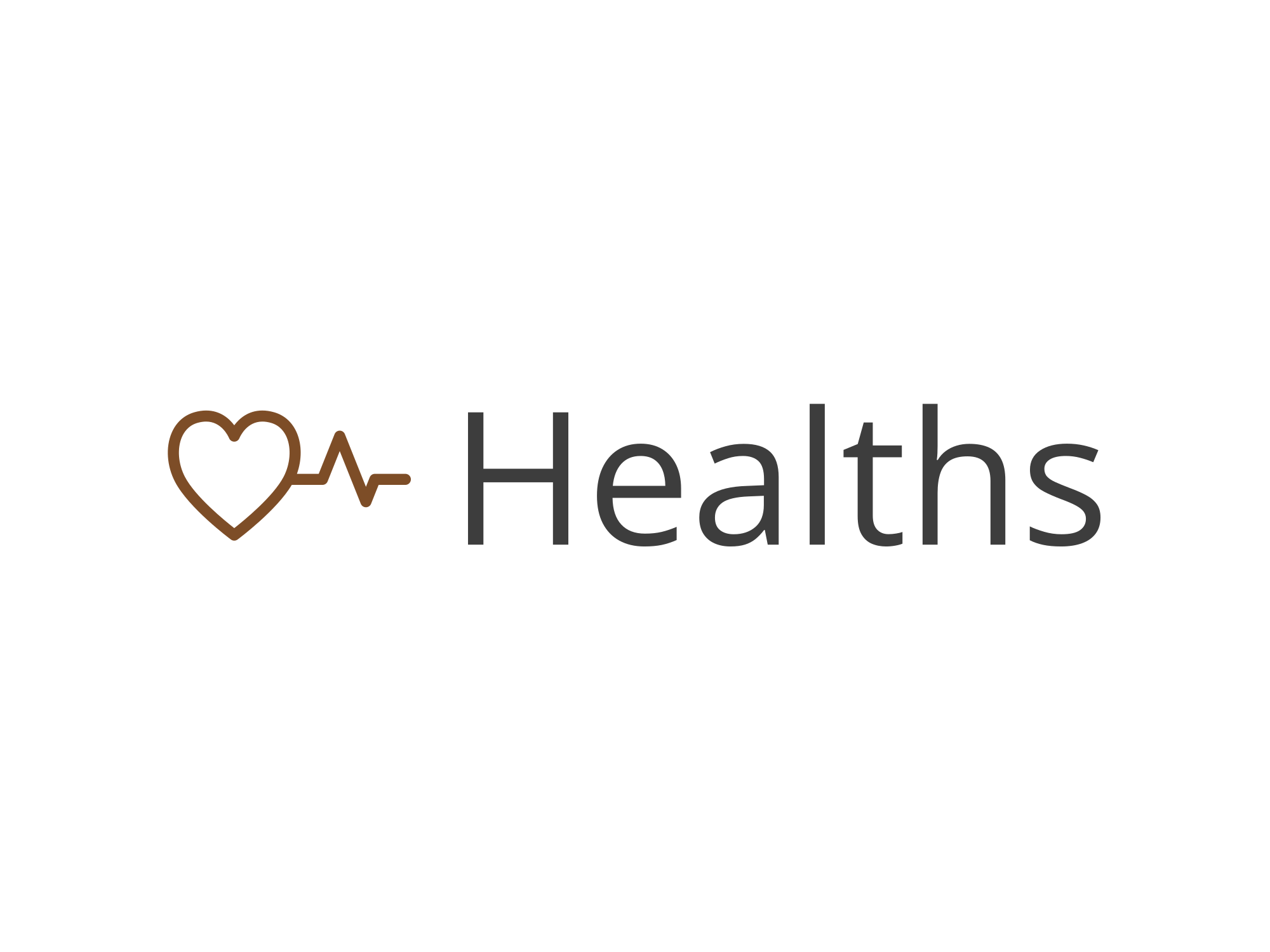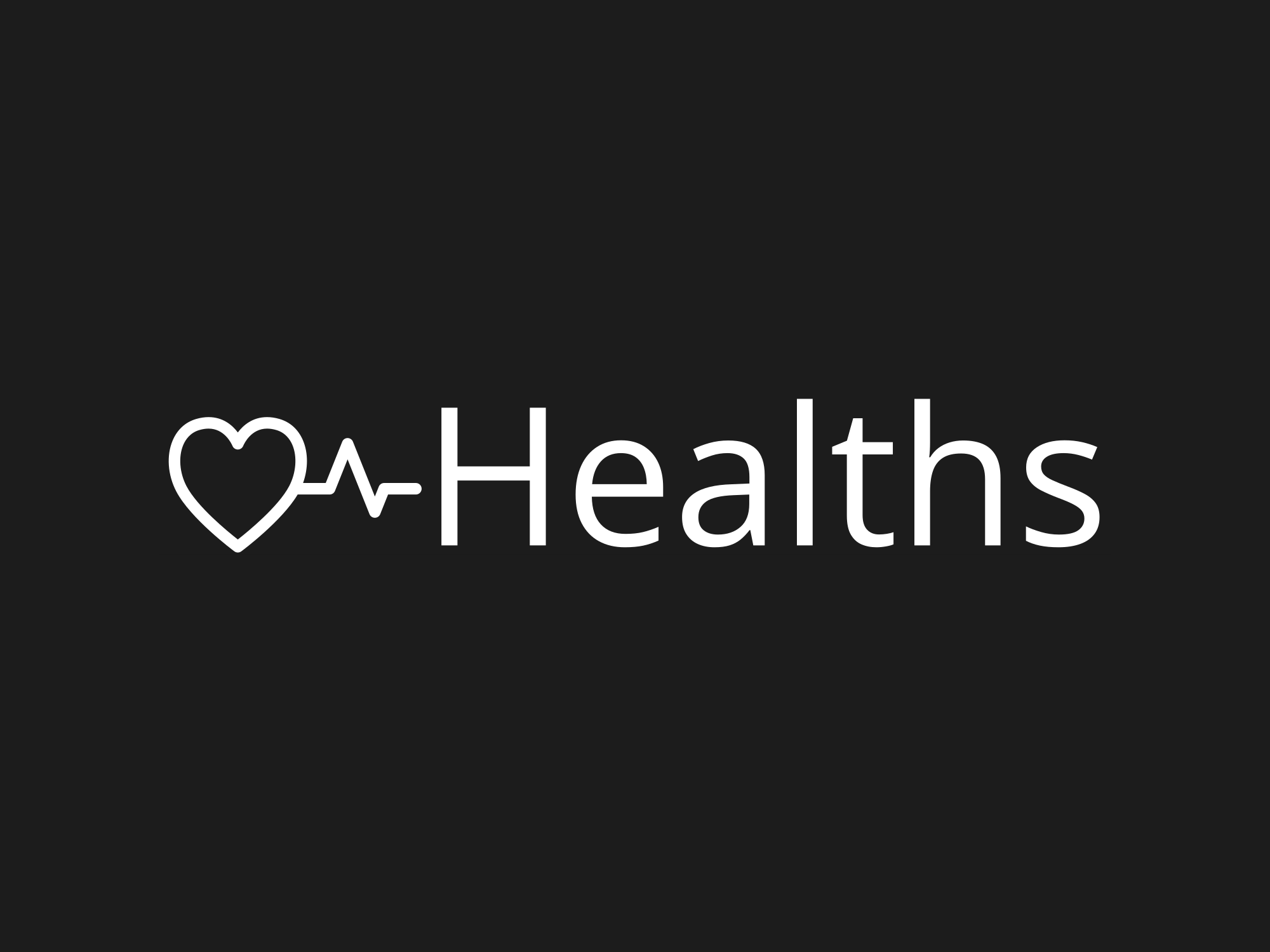
Meta Title: Essential Health Checkups After 30: Don’t Ignore These Tests
Meta Description: Discover the vital health checkups you must get after 30 to prevent disease and stay healthy in 2025. Learn which screenings are essential for adults in their 30s.
Introduction
Turning 30 is a milestone that often brings new responsibilities—career growth, financial planning, and yes, your health. While you may still feel young and energetic, your body starts to change in ways that aren’t always visible. Skipping routine health checkups after 30 can lead to serious consequences later in life. From heart health to reproductive wellness, early detection is the key to prevention.
This comprehensive guide will walk you through the essential medical tests after 30, helping you take control of your well-being with confidence. Whether you’re a man or woman, these preventive health screenings are crucial to maintaining a healthy, active lifestyle in 2025 and beyond.
Why Health Checkups Are More Important After 30
- Early Detection Saves Lives: Many diseases like diabetes, cancer, and heart disease can be treated more effectively when detected early.
- Lifestyle Shifts: Work stress, poor diet, and sedentary habits start catching up in your 30s.
- Hormonal Changes: Your metabolism slows down, and hormonal imbalances can start to surface.
According to the CDC and WHO, routine health screenings for adults over 30 can significantly reduce long-term healthcare costs and improve life expectancy.health checkups after 30health checkups after 30health checkups after 30
1. Annual Physical Exam
Why It Matters: A general physical exam provides a baseline of your health and detects any emerging problems.
What It Includes:
- Blood pressure check
- BMI and weight analysis
- Heart and lung function
- Skin check
- Mental health screening
How Often: Once a year
2. Blood Pressure Screening
Why It Matters: High blood pressure (hypertension) is a silent killer and a major risk factor for heart attack and stroke.
Ideal Range: 120/80 mmHg
How Often: Every 1-2 years, more frequently if borderline or high
Risk Factors: Obesity, family history, stress, smoking
3. Cholesterol Panel (Lipid Profile)
Why It Matters: Measures good (HDL) and bad (LDL) cholesterol, as well as triglycerides. High cholesterol can clog arteries and lead to cardiovascular disease.
How Often: Every 4-6 years, or as advised by your doctor
Recommended Levels:
- Total cholesterol: < 200 mg/dL
- LDL: < 100 mg/dL
- HDL: > 40 mg/dL (men), > 50 mg/dL (women)
4. Blood Sugar (Glucose) Test
Why It Matters: Detects prediabetes or Type 2 diabetes.
Test Types:
- Fasting glucose
- HbA1c
How Often: Every 3 years or annually if you have risk factors
Symptoms to Watch For: Fatigue, excessive thirst, blurred vision, frequent urination
5. Thyroid Function Test
Why It Matters: An underactive or overactive thyroid can lead to weight gain, fatigue, depression, or irregular periods.
Key Hormones Tested: TSH, T3, T4
How Often: Every 5 years, or more frequently if symptoms appear
6. Cancer Screenings
For Women:
- Pap Smear: Every 3 years (cervical cancer)
- Mammogram: Start at 40 unless you have a family history
- Breast Exam: Monthly self-checks + annual clinical exams
For Men:
- Testicular Exam: Monthly self-exam
- Prostate Exam: Discuss with your doctor if you have risk factors
For All:
- Skin Cancer Check: Annually, especially if you have moles or fair skin
- Colorectal Screening: Start at 45 or earlier based on family history
7. Liver and Kidney Function Tests
Why It Matters: Detects issues caused by alcohol, medication, infections, or hereditary conditions.
Tests Include: ALT, AST (liver); Creatinine, BUN (kidney)
How Often: Every 2-3 years or more if you drink regularly or take long-term medications
8. Eye Exam
Why It Matters: Beyond vision, eye exams can detect diabetes, high blood pressure, and glaucoma.
How Often: Every 2 years, or annually if you wear glasses/contacts or have vision issues
9. Dental Checkup
Why It Matters: Oral health is linked to heart health. Gum disease can increase your risk of cardiovascular problems.
Includes:
- Cleaning
- Cavity check
- Oral cancer screening
How Often: Every 6 months
10. Reproductive and Sexual Health Screenings
For Women:
- Pelvic Exam: Annually
- STI Screenings: Based on risk level and sexual activity
For Men:
- STI Screenings: Periodically based on lifestyle
- Testosterone Levels: If symptoms of low T appear
11. Bone Density Test (DEXA Scan)
Why It Matters: Detects early signs of osteoporosis, especially in women
When to Start: After 30 if you have risk factors such as low calcium intake, family history, or early menopause
12. Mental Health Screening
Why It Matters: Stress, anxiety, and depression often peak in your 30s.
Includes:
- PHQ-9 for depression
- GAD-7 for anxiety
How Often: Annually, or as needed
Internal & External Links Suggestions:
- CDC Preventive Care
- WHO Health Topics
- Link to internal blog on “Top Signs of Hormonal Imbalance in Adults”
- Link to “How to Improve Heart Health Naturally”
Suggested Visuals:
- Infographic: Timeline of health checkups by age
- Chart: Normal ranges for key blood tests
- Video: How to do a self-breast or testicular exam
FAQs
1. What are the most important medical tests to get after turning 30?
After 30, the most important tests include blood pressure screening, cholesterol levels, blood sugar test, thyroid function, cancer screenings, and liver/kidney function tests. These help in early detection of silent but dangerous health conditions.
2. How often should adults in their 30s get a full body checkup?
It’s generally recommended to get a full physical exam once a year. Specific tests like cholesterol or thyroid panels may be done less frequently unless you have risk factors or symptoms.
3. Are health screenings different for men and women?
Yes. Women require tests like Pap smears and mammograms, while men may need prostate and testosterone screenings. Both should get routine screenings like cholesterol, glucose, and mental health assessments.
4. Can I skip health checkups if I feel fine?
Feeling fine doesn’t always mean you’re healthy. Many chronic conditions like hypertension or early diabetes show no symptoms initially. Routine screenings are essential even if you feel well.
5. Are these tests covered by health insurance?
Most preventive screenings are covered under standard health insurance plans. Always check with your provider to confirm coverage and frequency limits.
Conclusion
Your 30s are the perfect time to invest in preventive health care. With the right tests at the right time, you can catch potential issues early, reduce healthcare costs, and enjoy a healthier, more active life. Don’t wait for symptoms to appear—schedule your essential medical tests after 30 today.
👉 Stay informed. Stay proactive. Stay healthy.




